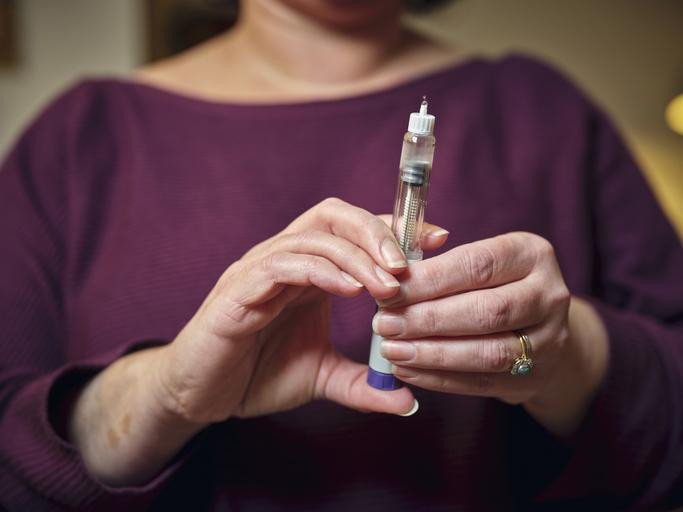Do GLP-1 drugs reduce inflammation?
Ask the doctor

Q. In January 2025, you said that the new diabetes and weight-loss medications called GLP-1 drugs appeared to reduce the risk of many major diseases, by reducing inflammation. Do they still look so promising?
A. Even more so. In March 2025, a major new study was published in the journal Nature Medicine. The study involved nearly a million people with diabetes who took either GLP-1s or other diabetes medications and were followed for nearly a decade. Compared with those who didn’t take GLP-1s, those who did had a reduction of 10% to 20% in heart failure, cardiac arrest, lung failure, and pneumonia, and Alzheimer’s disease and other types of dementia. As with any drugs, some people experienced side effects, including stomach trouble, aching joints, and low blood pressure, but they were infrequent and relatively mild. Because these GLP-1s have been available for only a few years, we don’t yet know if long-term use will reveal additional adverse effects.
But this study and others linking medication with reduced inflammation continue to underline the importance of inflammation in several major diseases.
Image: © Jon Challicom /Getty Images
About the Author

Anthony L. Komaroff, MD, Editor in Chief, Harvard Health Letter; Editorial Advisory Board Member, Harvard Health Publishing
Disclaimer:
As a service to our readers, Harvard Health Publishing provides access to our library of archived content. Please note the date of last review or update on all articles.
No content on this site, regardless of date, should ever be used as a substitute for direct medical advice from your doctor or other qualified clinician.
















